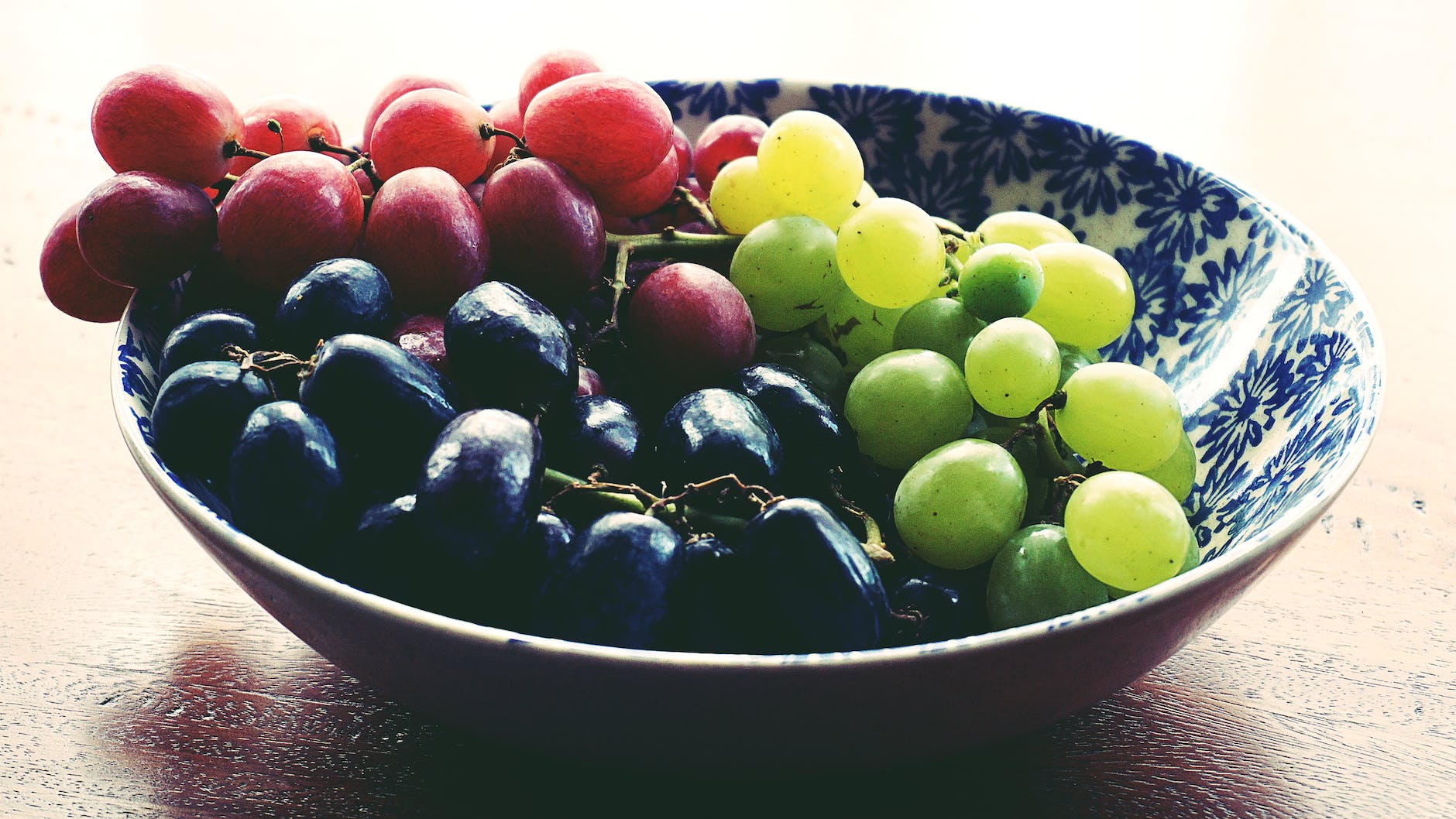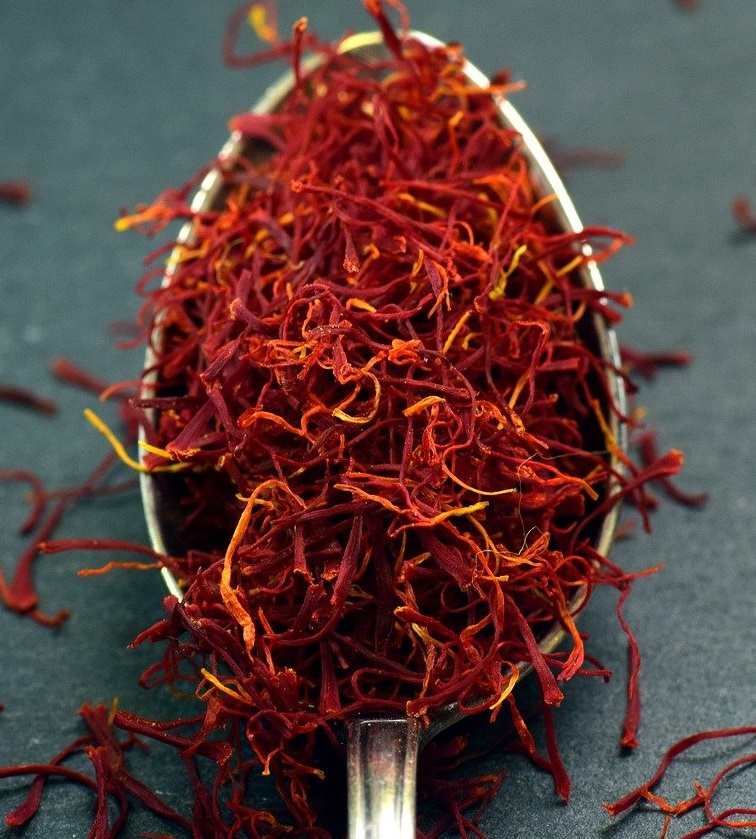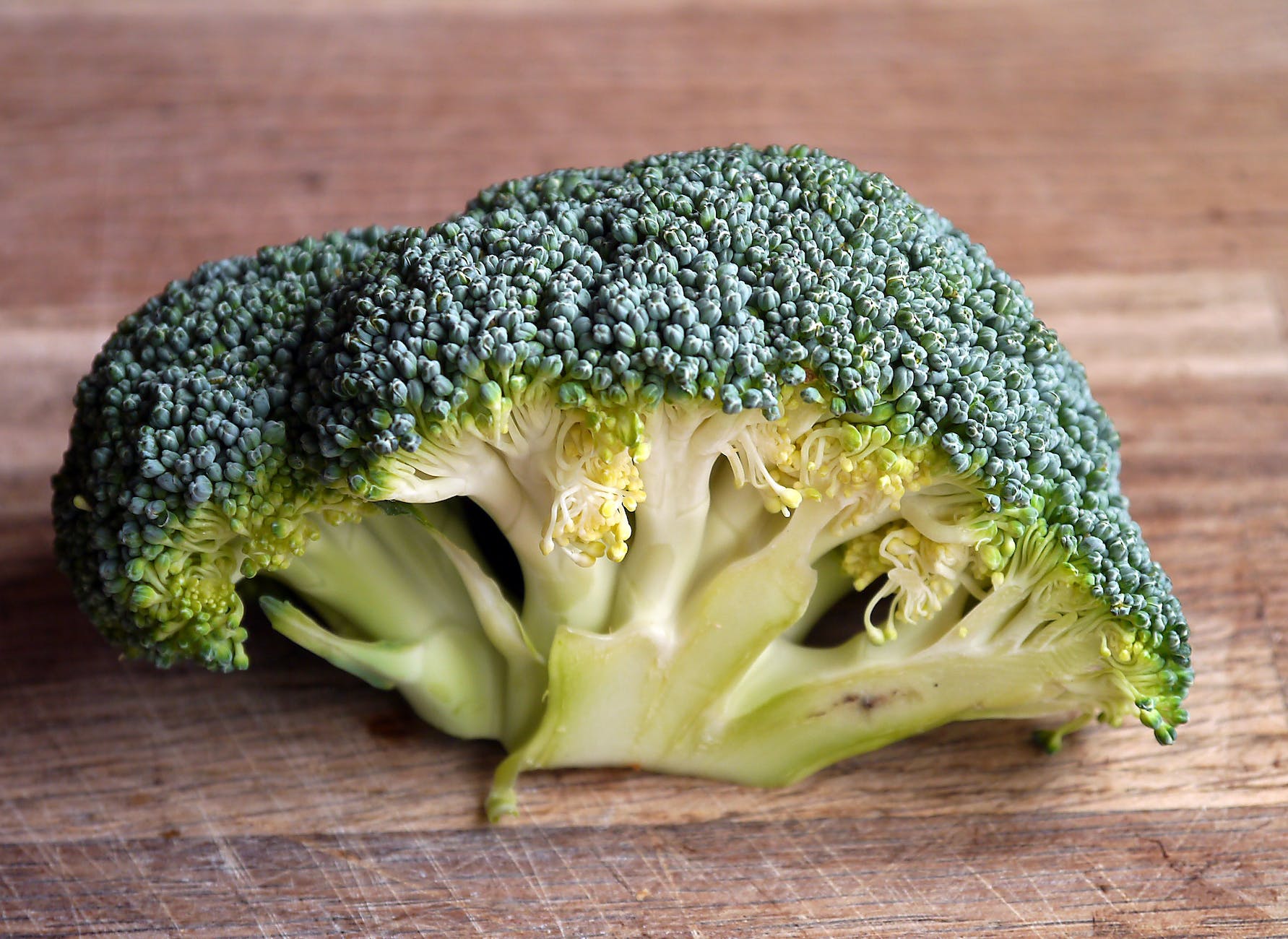
Grapes, the small, sweet, and juicy fruits, have been enjoyed by humans for thousands of years. But beyond their delightful taste, grapes are also packed with nutrients and antioxidants that offer a wealth of health benefits. In this article, we will delve into the various health benefits of grapes, answering some of the most common queries about this popular fruit.
Are Grapes Good for You?
Yes, grapes are indeed good for you. They are high in several important nutrients and offer a host of health benefits. Here’s why:
- Packed with Nutrients: Grapes are a rich source of vitamins and minerals, including Vitamin C, Vitamin K, and potassium. Just 1 cup (151 grams) of red or green grapes provides 104 calories, 27 grams of carbs, 1 gram of protein, and 0.2 grams of fat. These nutrients are essential for the proper functioning of your body and contribute to overall health.
- Rich in Antioxidants: Grapes, especially red and purple grapes, are packed with a variety of antioxidants, including resveratrol, anthocyanins, quercetin, and catechin. These antioxidants help protect your cells from damage by free radicals, which are harmful molecules that can lead to chronic diseases like heart disease, cancer, and diabetes. The antioxidants in grapes also contribute to the anti-inflammatory effects of the fruit, which can help manage conditions like arthritis and asthma.
- Heart Health: Grapes are a good source of potassium, a mineral that helps balance fluids in your body. Potassium can help bring down high blood pressure and lower your risk of heart disease and stroke. The fiber in grapes also contributes to heart health by helping to lower levels of LDL (bad) cholesterol in the blood.
- Regulate Digestion: Grapes are a great source of insoluble fiber, which can help regulate your bowel movements and prevent constipation. Regular consumption of grapes can contribute to a healthy digestive system and prevent issues like constipation and irritable bowel syndrome.
- Boosts Your Immunity: One cup of grapes provides 4.8 milligrams of vitamin C, which is essential for boosting immunity. Your body does not naturally produce vitamin C so it is important to get it from your diet, and grapes are a great way to do so. Vitamin C helps stimulate the production of white blood cells, which are crucial for a strong immune system.
Are Grapes Good for Weight Loss?
Yes, grapes can be a beneficial part of a weight loss diet due to their high water and fiber content, which can help you feel full and satisfied. However, like all foods, they should be consumed in moderation as they also contain sugar and calories. The fiber in grapes can help control your hunger by slowing down digestion and making you feel full for longer. Additionally, the natural sugars in grapes can satisfy your sweet tooth and help you avoid unhealthy snacks.
Are Grapes Good for Diabetics?
While grapes do contain sugar, they have a low glycemic index (GI), which means they have a minimal impact on blood sugar levels. Moreover, the antioxidants in grapes, especially in the skin and seeds, may help reduce inflammation and improve blood sugar control. However, if you have diabetes, it’s important to consider the carbohydrate content of grapes in the context of your overall diet. Always consult with your healthcare provider or a dietitian for personalized advice.
Are Grapes Good for Your Skin?
Grapes, particularly red grapes, are packed with antioxidants, including flavonoids and resveratrol, which can protect your skin from damage by free radicals. These antioxidants have been shown to slow down the aging process of your skin, reducing wrinkles and fine lines. Additionally, the Vitamin C in grapes plays a crucial role in collagen synthesis, which helps keep your skin healthy and youthful. The hydration provided by grapes due to their high water content can also contribute to a healthy and glowing skin.
Are Grapes Good for Your Heart?
Grapes are indeed good for your heart. They are high in heart-healthy antioxidants, including flavonoids and resveratrol. These antioxidants can reduce inflammation and oxidative stress, lower LDL (bad) cholesterol levels, and prevent blood clots, which can reduce your risk of heart disease. The potassium in grapes also helps to maintain a healthy blood pressure, further contributing to heart health.
Are Grapes Good for Your Kidneys?
Grapes, especially red grapes, are high in antioxidants and can help reduce oxidative stress and inflammation, which are often linked to kidney disease. Additionally, the high water content in grapes can help flush toxins out of your body and support kidney health. The potassium in grapes also helps to balance electrolytes and maintain a healthy blood pressure, which is beneficial for kidney health.
Are Grapes Good for Constipation?
Grapes are a good source of water and dietary fiber, both of which can help prevent constipation by promoting regular bowel movements. The fiber in grapes adds bulk to your stool, helping it pass more easily through your digestive system. The water content of grapes also aids in softening the stool and preventing dehydration, a common cause of constipation.
Are Grapes Good for Your Liver?
Grapes, especially red and purple grapes, are high in antioxidants, including resveratrol, which can help protect your liver from damage, reduce inflammation, and increase antioxidant levels in your liver. Regular consumption of grapes can help maintain liver health and prevent conditions like fatty liver disease.
Are Grapes Good for Pregnancy?
Grapes are safe and beneficial to eat during pregnancy. They are rich in vital nutrients like vitamins, antioxidants, fiber, organic acids, pectin, folic acid, and more, which contribute to the healthy development of the baby. However, they should be washed thoroughly before consumption to remove any potential pesticides. The high water content in grapes can also help prevent dehydration, a common issue during pregnancy.
Are Grapes Good for Migraines?
While some people may find that certain foods can trigger migraines, there’s no scientific evidence to suggest that grapes are one of these foods. In fact, due to their high water and magnesium content, grapes could potentially help to prevent headaches. Magnesium has been shown to be effective in preventing migraines in some people.
Are Grapes Good for IBS?
Grapes are generally well-tolerated by people with Irritable Bowel Syndrome (IBS). They are a low-FODMAP fruit, which means they contain fewer types of the carbohydrates that can ferment in the gut and cause digestive symptoms in people with IBS. However, individual responses can vary, and it’s always best to monitor your own symptoms or consult with a healthcare provider.
Are Grapes Good for Asthma?
The high levels of antioxidants and nutrients like Vitamin C and K in grapes may help to reduce the symptoms of asthma. However, more research is needed to confirm these potential benefits. It’s always best to consult with a healthcare provider for personalized advice.
Are Grapes Good for Psoriasis?
While there’s no direct evidence that grapes can treat psoriasis, a chronic skin condition, their high antioxidant content can help reduce inflammation in the body, which is associated with psoriasis flare-ups. It’s always best to consult with a healthcare provider for personalized advice.
Are Grapes Good for Crohn’s Disease?
While there’s no specific food that can cure Crohn’s disease, a type of inflammatory bowel disease, maintaining a balanced diet can help manage its symptoms. Grapes, being high in fiber and antioxidants, can be a part of a healthy diet for individuals with Crohn’s disease. However, individual responses can vary, and it’s always best to monitor your own symptoms or consult with a healthcare provider.
Are Grapes Good for Prediabetes?
Grapes, especially dark-colored ones, contain resveratrol, which has been shown to improve insulin sensitivity, making them a good choice for people with prediabetes. However, they should be consumed in moderation due to their sugar content. It’s always best to consult with a healthcare provider for personalized advice.
Are Grapes Good for Acid Reflux?
Grapes are low in acid and are often recommended as a part of the diet for those suffering from acid reflux. However, individual responses can vary, and what works for one person may not work for another. It’s always best to consult with a healthcare provider for personalized advice.
Are Grapes Good for Ulcers?
Grapes may help to prevent ulcers by reducing stomach acid and protecting the stomach lining. The resveratrol found in grapes has been shown to inhibit the growth of H. pylori, a bacteria that can cause stomach ulcers. However, more research is needed to confirm these potential benefits.
Are Grapes Good for Cholesterol?
Grapes are rich in antioxidants, including resveratrol and flavonoids, which have been shown to lower LDL (bad) cholesterol levels and increase HDL (good) cholesterol levels, promoting heart health. Regular consumption of grapes can contribute to a healthy lipid profile and reduce the risk of heart disease.
Are Grapes Good for Fatty Liver?
The antioxidants in grapes, particularly resveratrol, have been shown to improve liver function and reduce inflammation in individuals with non-alcoholic fatty liver disease. Regular consumption of grapes can help maintain liver health and prevent conditions like fatty liver disease.
Are Grapes Good for Breast Cancer Patients?
While no single food can prevent or cure cancer, a diet rich in fruits like grapes, which are high in antioxidants, can help reduce the risk of cancer and support overall health during cancer treatment. However, it’s always best to consult with a healthcare provider for personalized advice.
Are Grapes Good for UTI?
While grapes themselves don’t treat urinary tract infections (UTIs), they are a good source of hydration, which is important in preventing and treating UTIs. Drinking plenty of fluids, including grape juice, can help flush bacteria out of your system and prevent UTIs.
In conclusion, grapes are a delicious and nutritious fruit that offer a multitude of health benefits. Whether you enjoy them fresh, in a salad, or in a glass of juice, adding grapes to your diet can contribute to your overall health and well-being.
Blog Tags: Grapes, Health Benefits, Weight Loss, Diabetes, Skin Health, Heart Health, Kidney Health, Constipation, Liver Health, Pregnancy, Migraines, IBS, Asthma, Psoriasis, Crohn’s Disease, Prediabetes, Acid Reflux, Ulcers, Cholesterol, Fatty Liver, Breast Cancer, UTI.

















